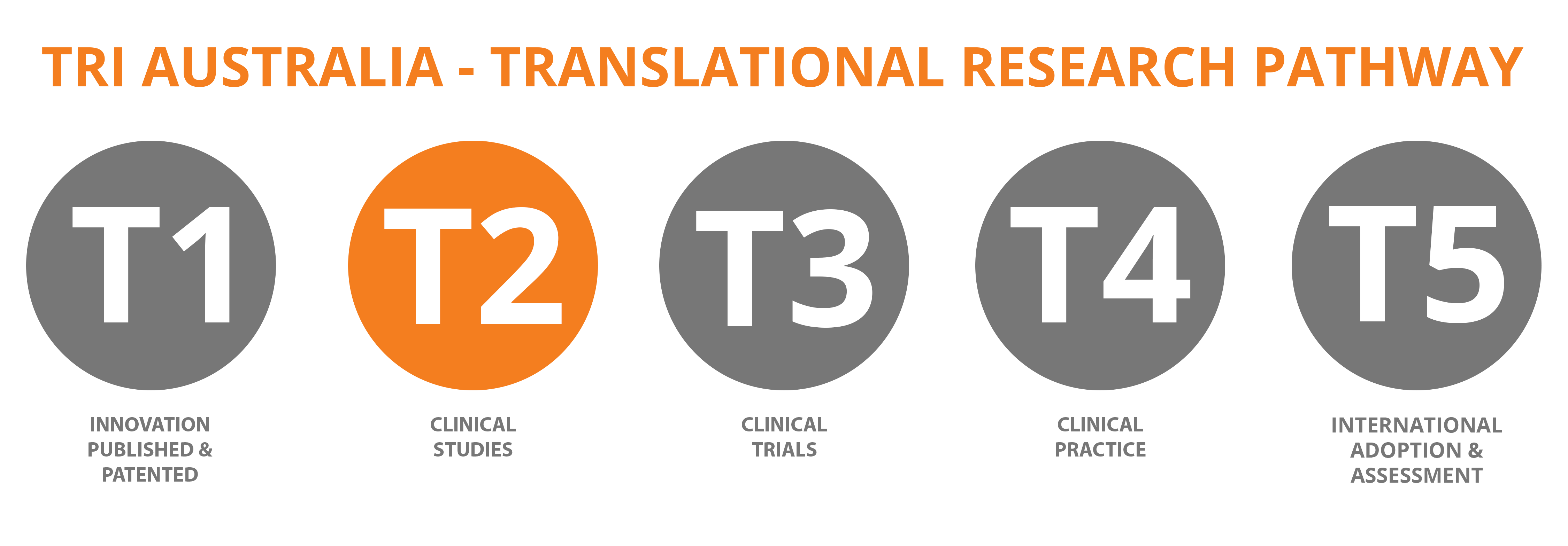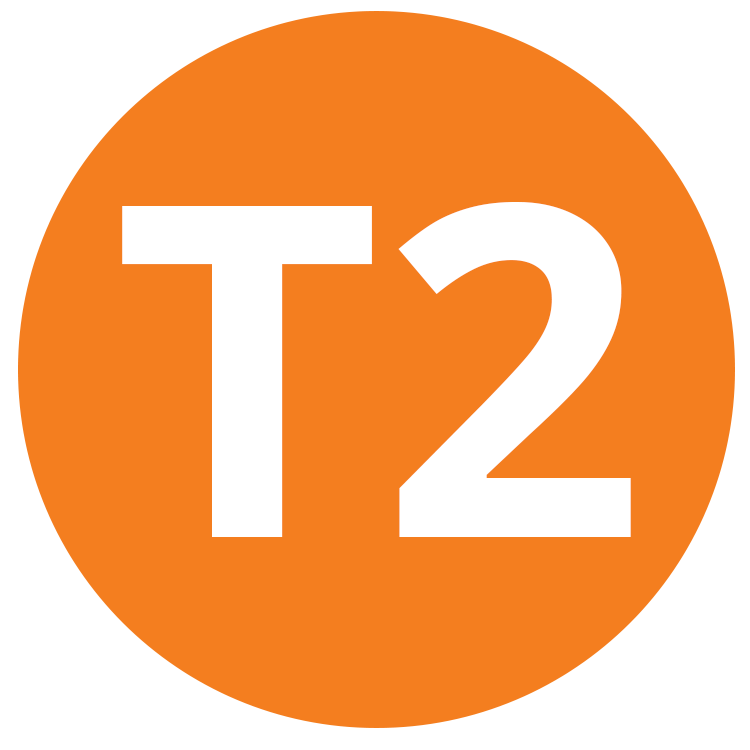regenerating the skin to improve wound repair and fight cancer
Skin disorders, such as hard to heal wounds or the most common skin cancers, are a major burden on the Australian health system. Dr Khosrotehrani’s research vision is to apply the paradigms of regenerative medicine to understand wound healing and skin cancer. His research program will characterise the role of progenitors that help repair the skin, heal wounds or ultimately generate skin cancer. Combined with systematic analysis of gene expression, genome wide association studies and systems biology, Dr Khosrotehrani and his team aim to define a new class of therapeutic targets to prevent or to cure these disorders.
| Head Researcher |
A/Prof Kiarash Khosroehrani |
|---|---|
| Team Members |
Researchers
Research Assistants
HDR Students
Honours Students
|
| Body Part | Skin |
| Equipment Used | Microscopy, flow cytometry, animal facility, preclinical imaging |
| Process Used | Regenerative medicine, genetic, genomic and imaging technologies. |
| Research Areas |
Dematology and cancer |
| Disease | Skin cancer and wound healing |
| Tags | Wound repair, angiogenesis, skin cancer, systems biology, targeted therapy |
| Commercial Partnerships | AngioStem, Leo Pharma Foundation |
| Institutions | University of Queensland, Princess Alexandra Hospital, Queensland Institute of Dermatology |
About the Project
Implementation of precision medicine in wound care: from preclinical development to translational and clinical delivery
Acute wounds generated by surgical interventions or trauma and hard-to-heal or chronic wounds are the second most billed item by medical practitioners. Chronic wounds are estimated to cost the Australian health system $2.6 Billion a year. The 21st century approach to wound care has not changed fundamentally since ancient times and relies almost exclusively on wound dressings. Our project promises to advance wound care towards precision medicine by adopting targeted therapies, cellular interventions and bioengineering instead of supportive care only. Initial work using genome wide association studies and sequencing of preclinical models of chronic wounds has already systematically identified two new candidate targets for precision medicine in wound care.
Dr Khosrotehrani and his team are also investigating whether modulating wound inflammation can affect wound healing. Wound healing requires a shift in macrophage populations from pro-inflammatory to pro-repair phenotypes. Molecular dissection of the pathways that separate inflammatory and non-inflammatory macrophages in wounds by the team has identified a target that when blocked in pre-clinical models of diabetic wound healing, strongly accelerated wound healing. While continuing to look for more targets, the team are currently looking for funding for a phase I-II clinical trial using therapies against this target in chronic wounds.
Finally and importantly, the team has also discovered, functionally characterized and patented a new population of endothelial and mesenchymal progenitors from the human term placenta. This discovery has been licensed for the development of cellular therapies of ischemic disorders especially in relation to chronic ischemic wounds on patients with intermittent claudication. This is an exciting development and translation of the basic research occurring in this team.
Skin regenerative responses in carcinogenesis
Another major mode of skin injury is ultraviolet irradiation. Keratinocyte cancers (basal cell carcinomas and squamous cell carcinomas) arise from ultraviolet induced mutations in the epidermis. Each year, over a million keratinocyte cancers are expected to be removed surgically, representing an expenditure of $703 million in 2015. By combining regenerative medicine with state of the art lineage tracing, laser capture microdissection and exome sequencing, Dr Khosrotehrani and his team have uncovered a mechanism of repair and regeneration of UV damaged skin that recapitulates the fundamentals of wound healing. They aim to test in pre-clinical models and clinical scenarios if this natural mechanism of repair and regeneration can be reproduced in a controlled way through to induce regeneration and reduce skin cancer development.
Using lineage tracing, Dr Khosrotehrani and his team also hope to identify molecular targets that reduce tumour vascularisation by identifying the origin of the endothelial progenitors that mobilise to form the large number of blood vessels that accompany tumour progression.
![]()

Translational Research - Milestone T2
Identified innovation with health outcomes and in pre-clinical testing, undergoing a clinical study in humans, looking for funding/partners to undertake a clinical trial etc.
![]()
> For further information on the commercial development contact A/Prof Kiarash Khosroehrani [email protected]
> For information about donating to this project email A/Prof Kiarash Khosroehrani [email protected]
![]()








